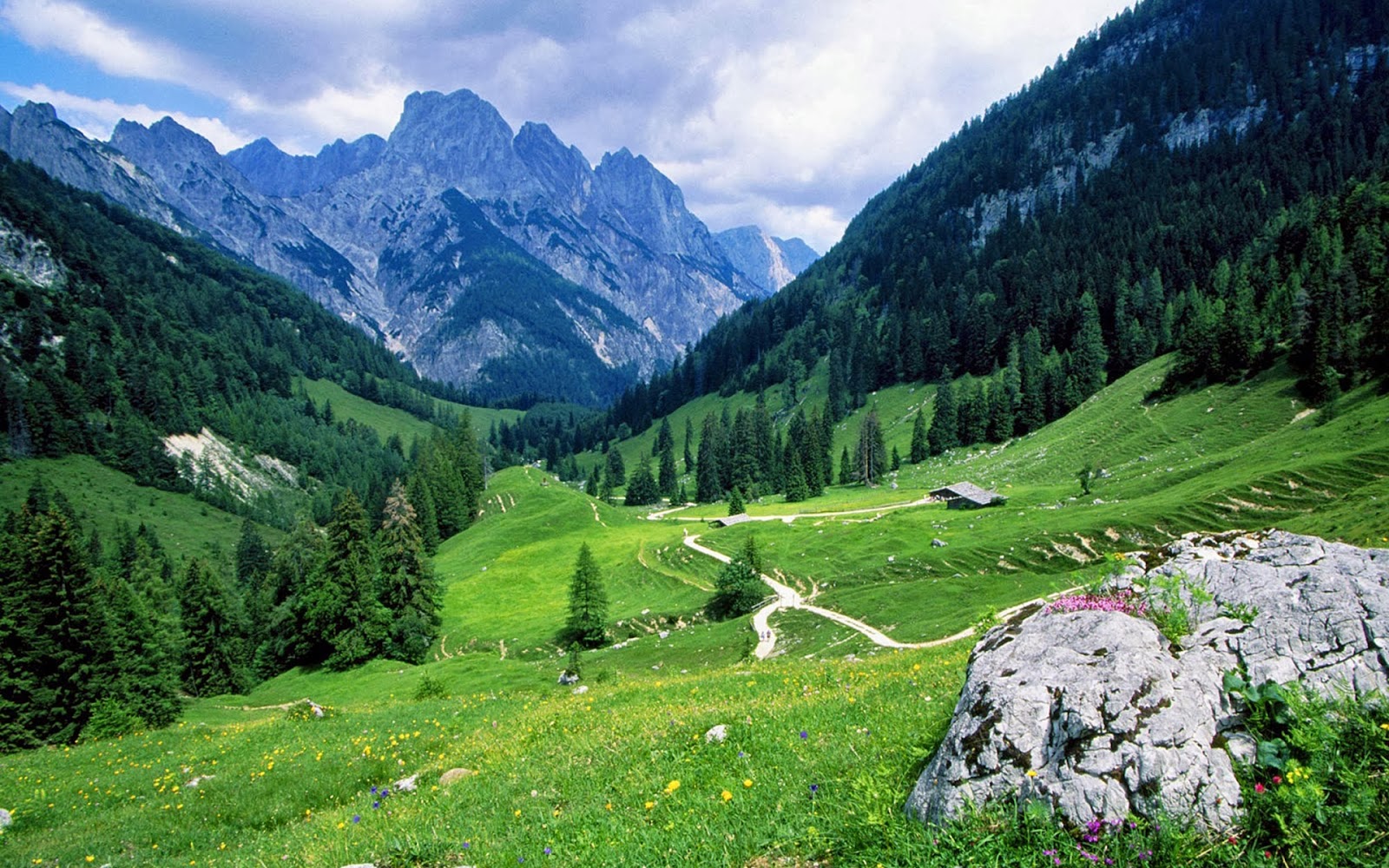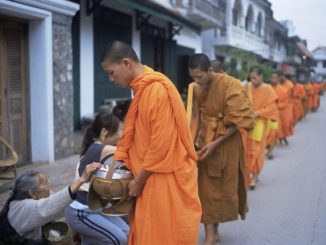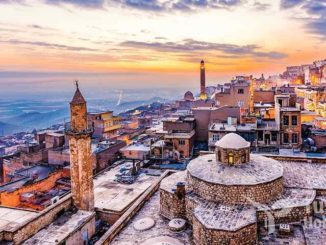Swat valley is locally known as Pakistan’s Switzerland thanks to its snow-capped mountains and scenic views.
Swat, a scenic valley in northwestern Pakistan, was once a Taliban stronghold where TV was banned, public hangings were not uncommon, and girls were barred from going to school. Following a security operation which ended last year, the valley is coming back to life and welcoming a steady stream of tourists.
Locally known as Pakistan’s Switzerland due to its snow-capped mountains and lush green landscapes, the valley is a short drive away (153.5 miles) from the capital Islamabad.
But from 2007 to 2010, it was the poster image for the Pakistani Taliban’s reign of terror.
The Taliban, seeking to enforce a crude form of Shariah law in the region, campaigned against girls’ education. Some 640 schools were destroyed in this period in Swat and its adjoining districts, the Education Department says.
“Those were difficult times. Taliban militants had banned girls’ education and disallowed women teachers from going to schools,” Uzma Gul, a local teacher in Swat, told Anadolu Agency.
Swat is also the hometown of Nobel laureate Malala Yousafzai, who survived a bullet in the head by the Taliban in 2012 for daring to speak out for girls’ education.
The brazen attack on Yousafzai, who was 15 at the time, sparked outrage in Pakistan and internationally.
Pakistan army launched a full-scale military operation against the Pakistani Taliban in 2009 and announced its successful end in 2018.
Tourist revisit
Traders who left the area during the Taliban era have returned to Swat, and its city of Mingora has once again become a business hub.
Tourists have also made a steady comeback to escape the sweltering summers of the big cities.
“I came from Lahore with my family after 15 years and, really, I am very happy that peace has returned,” said a tourist, Rana Afzal.
However, he added, for tourism to reach its full capacity the government should focus on infrastructure.
“I spent two days in Swat but never felt any fear. Life is normal, like in the cities, but the condition of roads is poor,” Afzal said.
The hotel industry, which bore the brunt of militancy, is also picking up the pieces.
“There are over 400 hotels that were affected. We are trying to restore them but it is difficult without government support,” said Zahid Khan, head of the Swat Hotels Association.
“The government should construct roads, open banks, control prices, and create a friendly environment for tourists if they want to bring back tourism in the region,” he added.
According to the provincial tourism department, one million people including foreigners visited Swat in 2018. The authorities expect this figure to surpass one million this year.
Welcoming foreigners
Pakistan in March announced a visa on arrival policy for five countries including Turkey, China, Malaysia, UAE and the U.K. in a move to boost tourism.
The government led by former cricket hero Prime Minister Imran Khan also invited foreign travel bloggers to the country to paint a rosy international image of Pakistan to internet savvy millennials abroad.
However, critics claim, these glossy reviews do not address the true challenges faced by this deeply conservative nation which might not yet be ready for modern tourism.
“Now peace has been restored in the Swat valley and foreign tourists can visit along with their families here,” Atif Khan, a senior minister for tourism in Khyber Pakhtunkhwa province, told Anadolu Agency
“Foreigners and local tourists would enjoy the hospitality of local Pashtun people but they must respect the local culture and customs,” Khan said, hinting that tourists should dress conservatively and stay off alcohol.
By Islamuddin Sajid



